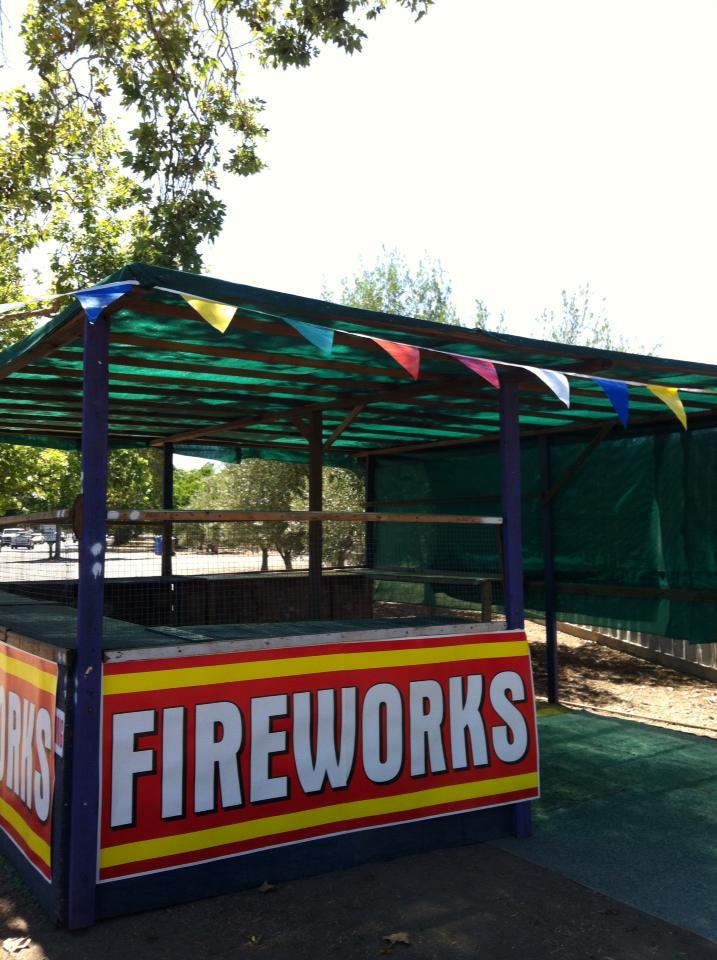 I never understood the fascination with fireworks, even though I illegally sold them as a kid growing up in the working class enclave on North Babylon, Long Island. My brother brought home “mats” of firecrackers, loose cherry bombs, bottle rockets, and exploding “ashcans” that could blow off your hand. I was his underage “dealer”, selling the stuff to any of my friends who would buy them.
I never understood the fascination with fireworks, even though I illegally sold them as a kid growing up in the working class enclave on North Babylon, Long Island. My brother brought home “mats” of firecrackers, loose cherry bombs, bottle rockets, and exploding “ashcans” that could blow off your hand. I was his underage “dealer”, selling the stuff to any of my friends who would buy them.
For a poor kid who sold my toys and comic books for pennies to spend in the summertime, I was mesmerized by the money I could make by marketing this madness. As July 4th approached in the Year I Lived Dangerously, sales were so outrageously brisk that my schoolmates were swamping our stoop, waving $20 bills in their fists for any scrap of fireworks I had left. The clamoring crowd grew so noisy out front, that our next door neighbor threatened to call the cops and report us. I went to sleep with several gross of firecrackers under my bed, worried that either the police were going to raid us, or our house would catch fire, and light up like a rocket in the night. “Controlled” fireworks displays—or controlled anything for that matter– were not part of our consciousness. Our lives were completely out of control. Chaos reigned. We wanted to create something out of our own explosive imaginations. Fireworks were an easy, accessible art form.
Fast forward to today, more than 50 years later, in the posh wine country town of St. Helena, CA, in the heart of the Napa Valley. The entire State of California is as dry as tinder. We are in the fourth year of a drought that has raised the fire danger to extreme levels. Water rationing is mandatory. Statewide, individual water users have cut their use of water by nearly 30%, except for the very rich of Beverly Hills or San Diego County or Tiburon, Marin County, who insist that if they can afford to pay for water they should be able to use as much as they god-damned want . The rich, enamored with controlling everything, LOVE controlled fireworks displays.
In swanky St. Helena, some wealthy benefactor was willing to bankroll the entire $50,000 cost of a “controlled” fireworks display to make sure that July 4th was celebrated with a bang. Leveraging that gift, even more money was raised for a fifteen-minute fireworks festival where the money quickly goes up in smoke, and awed on-lookers argue whether this year’s fireworks show was better than last. Like it matters.
At virtually the very same moment that wealthy fireworks fans forked over private funds, St. Helena City leaders cut nearly $250,000 of public funds from the budget of a terrific local library, which also serves as a community center for this small City of 5,000 people. The City Manager fired the full-time Library Director, who built the small library into one of the best in the country. The City Council caved in by reducing the hours the Library is open to the public, including a complete shutdown on Sundays. No one thought to ask the wealthy fireworks donor to put the $50,000 gift to better more lasting use, to keep the library doors open, and provide access to books which last a lifetime, rather than fireworks which fizzle in a few minutes.
People say that public funds are one thing, but wealthy donors have the right to put their private money anywhere. I disagree. Municipal, state or national leaders ought to step up with a list of vital community services that are in dire need of funding: rebuilding crumbling infrastructure, water recovery, libraries, schools, fire-fighting equipment, police services, teachers, nurses, eldercare, affordable housing, food, sustainable living.
Wealthy donors attention needs to be directed to the necessities of community life, not narcissistic nostalgia. Scarce funds are fungible. Money spent on fireworks won’t be spent on books . I know. I saw it in the eyes of my schoolmates throwing money at me for fireworks 50 years ago. If books could have given them the same kind of buzz, they’d have burned them too.

